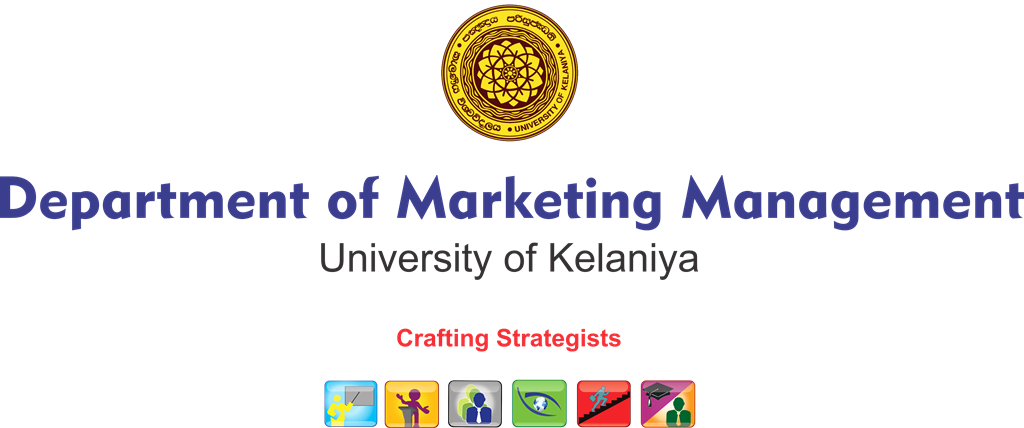- Hits: 1824
Impact of Brand Trust on Brand Evangelism Behaviour: A Study on Cable Brands in Sri Lanka
A. Munasinghe
Kelani Cables PLC, Sri Lanka
This email address is being protected from spambots. You need JavaScript enabled to view it.
D.M.R. Dissanayake
Senior Lecturer, University of Kelaniya, Sri Lanka
This email address is being protected from spambots. You need JavaScript enabled to view it.
ABSTRACT
Industrial sector organizations require some specific focus when developing brands to their institutional and domestic customer segments. Brand trust plays a significant role when it comes to establishing strong brand relationships with consumers. This paper mainly focuses on empirical gaps and practice issues found within the cable brands in Sri Lanka to identify the major research questions and the purposes. Alongside, impact of brand trust on brand evangelism was examined addressing to the empirical justifications and practice gaps found in Sri Lankan cable market. Stratified cluster sampling method was employed and 225 questionnaires were distributed amongst end-users of B2C market. Accordingly, quantitative method was occupied with a questionnaire to execute the survey investigating how brand trust influences three sub divisions of brand evangelism. Three hypotheses were formulated and tested via Structural Equation Modelling (SEM) supported by a Confirmatory Factor Analysis (CFA) produced with AMOS-23 software version. Results proved that brand trust results purchase intention and positive referrals on cable brands whilst the impact of brand trust on spreading negative referrals on competitive brands was not proved. Paper highlights the managerial implications based on the key findings and future research directions were proposed accordingly.
Keywords: Brand Evangelism, Brand Trust, Cable Brands, SEM, Sri Lanka


